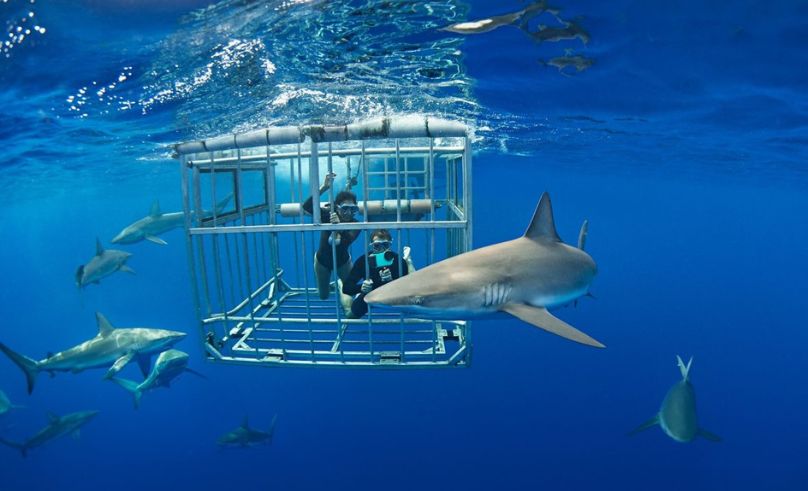Egypt’s Ministry of Environment has completed the first phase of a national program to monitor sharks using satellite tracking, the first of its kind in the Red Sea region. The initiative, announced on 28 June, was led by an Egyptian team from the Ministry of Environment, the Hurghada Environmental Protection and Conservation Association (HEPCA), and the Chamber of Diving and Water Sports. It was carried out in coordination with the Green Hurghada Project and a French shark-tracking expert. Nine satellite tags were successfully installed on tiger and oceanic whitetip sharks in key habitats, including the Brothers Islands near Hurghada, Elphinstone Reef in Marsa Alam, and Shaab Al Shur Reef in Safaga. The team also collected 14 biological samples for genetic analysis and documented the distinctive dorsal fins of oceanic whitetip sharks to help build an identification catalogue. Environment Minister Yasmine Fouad said the program aims to monitor the vertical and horizontal movement of sharks across the Red Sea, contributing to both ecological research and marine tourism planning. She noted that sharks play a vital role in marine ecosystems and are a significant draw for diving tourism, adding that Egypt is…
Egypt Begins Satellite Tracking of Sharks in the Red Sea for Marine Research
June 30, 2025




